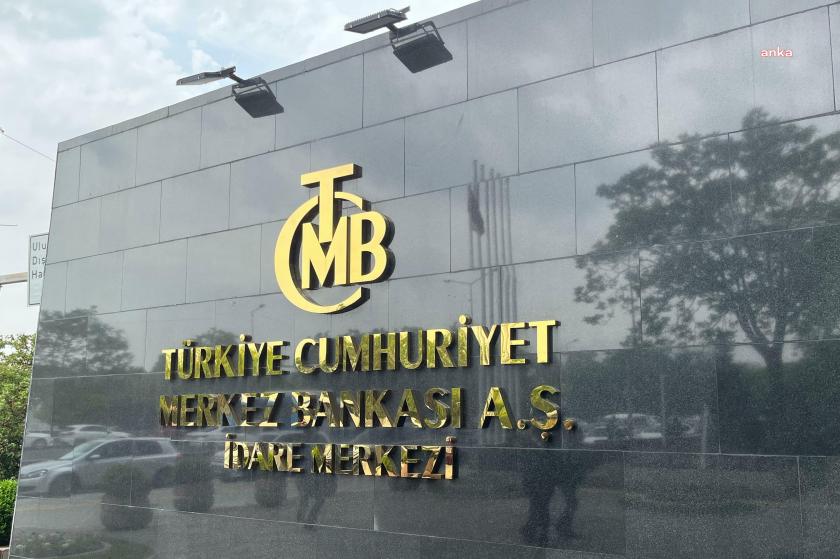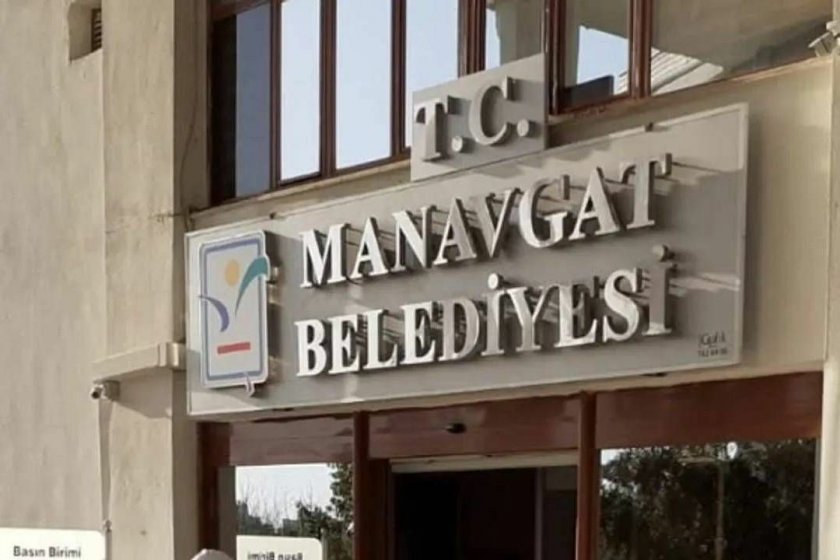The course of the AKP government: US-EU-NATO Axis
The war in Ukraine increased Turkey's cooperation with the West. Turkey has been invited to attend the EU foreign ministers' meeting for the first time in five years. This could be the beginning of a new era in Turkey-EU relations.

Fotoğraf: Arda Küçükkaya/AA
Foreign Minister Hakan Fidan attended the informal meeting of European Union (EU) foreign ministers, to which Turkey was invited again after 5 years. The EU's invitation after 5 years and Turkey's acceptance of this invitation show the willingness of both sides to start a new era in relations, even if their expectations are different. On the other hand, the US ambassador in Ankara, Jeff Flake, whose term will expire in the coming days, has recently made remarkable statements about US-Turkish relations and Turkey's importance in NATO. The recent increased interest in Turkey by these powers, whose relations with the Erdoğan government deteriorated especially after the 2016 coup attempt, is not independent of developments in the regions surrounding Turkey and the tasks assigned to Turkey in these regions. However, the steps taken by the Erdogan government towards a closer alignment with the US-NATO-EU axis also play an important role in this interest and the rapid development of relations.
In an interview with Reuters in June, US Ambassador to Ankara Flake said that 'the war in Ukraine has shown Ankara's commitment to NATO and the West' and that 'Turkey's relations with the West and its partnership with the United States are stronger than ever'. In a recent interview with Politico magazine, Flake was also self-critical of the US for being slow to support Erdogan's government after the 2016 coup attempt - Erdogan was called by Russian leader Putin immediately after the attempted coup, but not by then US President Obama. However, Flake praised the Erdogan government for its role in the prisoner swap in Ankara earlier this month between seven countries, including the US, Russia and Germany, stressing that Erdogan was called by Biden but not Putin after the swap, thus reversing the relationship. Flake also advised his successor ambassador to 'work on all fronts to improve relations with Turkey, a growing regional power and NATO's second-largest army'.
The war in Ukraine is one of the key areas in the US, EU and NATO's struggle for hegemony with Russia and China. During this war, the Turkish government not only provided military support (especially Bayraktar TB2 UCAVs) to Ukraine, but also did not cross the line drawn by NATO. Therefore, the war in Ukraine clearly showed which side the Erdoğan government is on in the struggle for hegemony between the imperialists, despite its problems with the Western imperialists.
The final declaration of the 'Ukraine peace summit' held in Switzerland in June, to which Russia was not invited, included the article that Russia must withdraw from the occupied territories in order for peace talks to begin. This declaration, signed by 80 countries including Turkey, was not signed by 8 countries including Brazil, India, Saudi Arabia and the UAE. Following Indian Prime Minister Modi's visit to Ukraine on 23 August, Ukrainian President Zelenskiy said that since India had not signed the first declaration, the second peace summit planned for November would not be held in India; he said that they had held talks with 4 countries, including Turkey, which had signed the declaration.
In such a process, it becomes more understandable that Turkey was invited to the informal meeting of EU foreign ministers, where the war in Ukraine, in which the US and NATO praised Turkey's role, was one of the most important items on the agenda. At this meeting, the results of which have not been announced at the time of writing, there are many important agenda items that directly concern Turkey, such as the Middle East, the Eastern Mediterranean and Cyprus, the Black Sea, the Caucasus and the refugee problem, in addition to the war in Ukraine.
The growing expectations of the US, NATO and the EU of Turkey should not be seen in isolation from the recent steps taken by the Erdoğan government to meet these expectations in response to its economic and political plight.
One of the most important turning points in the alignment brought about by the war in Ukraine was the approval of Finland and Sweden's NATO membership. Although the Erdoğan government initially tried to use this issue as a bargaining chip, it backed down in the face of US pressure.
One of the most important issues Turkey has had with the US-NATO in recent times has been the purchase of the S-400 air defence system from Russia. The S-400s, which the Erdoğan government bought for $2.5 billion in 2017 on the grounds of 'urgent defence needs' and the first parts of which were delivered in 2019, have since been kept in hangars. In recent days, there has been talk of the Erdoğan government selling them to Pakistan or India in order to get rid of the S-400s.
Another important step taken during this period to reduce Turkey's dependence on Russia, Turkey's largest energy supplier, and to join the US-NATO axis was the signing of a 10-year LNG (liquefied natural gas) contract between BOTAŞ and the US energy monopoly ExxonMobil.
While the Netanyahu government in Israel is taking steps to turn its attacks, occupation and massacres in Gaza into a regional war, the US imperialism is increasing its military presence in the Eastern Mediterranean as an expression of its support for this aggression. Ömer Çelik, the spokesman of the ruling party AKP, which has adopted an exploitative attitude on the Palestine and Gaza issue from the beginning in order to support the domestic public opinion, criticised the warships sent by the USA to the Eastern Mediterranean by saying: "Every warship, every aircraft carrier sent there by other states will provide an opportunity that will benefit those who want the violence to continue and the violence to spread more in the region". However, not long after Çelik's 'criticism', it was revealed that US and Turkish warships, including the first amphibious warship TCG Anadolu, conducted a joint naval exercise in the Eastern Mediterranean between 13 and 17 August.
Just like the war in Ukraine, the joint Turkish and US naval exercise in the Eastern Mediterranean clearly shows which side the Erdoğan government is on in the struggle for sovereignty in the region and the possible regional war.
In order to understand the attitude and steps taken by the Erdoğan government in the face of the developments around Turkey and the imperialist struggle for sovereignty, it is necessary to draw attention to the statement made by the Defence Minister Güler to the Reuters news agency recently: "Our priority is to fulfil our responsibilities towards NATO as an important ally and to strengthen solidarity with our allies.
These steps taken by the government in the military and political field are complemented in the economic field by the attack programme of Şimşek against the workers and labourers, which is called the IMF programme without the IMF. Therefore, this economic programme, which confronts workers, pensioners and producers with hunger, unemployment and poverty by reducing wages, increasing taxes and continuous increases, is praised in the report of the IMF, which states that "the economic policies implemented in Turkey have undergone a significant transformation and this transformation (...) has significantly reduced crisis risks and increased confidence".
The steps of the Erdoğan government, which make Turkey more dependent on the USA, EU and NATO politically, economically and militarily, on the one hand drag the country into the tensions and conflicts in the region and on the other hand make the living conditions of the working class and labouring people more difficult with the capital programmes without IMF. This process links the struggle of the workers and labourers for jobs and bread with the struggle for the independence of the country and peace in the region as never before.







Evrensel'i Takip Et